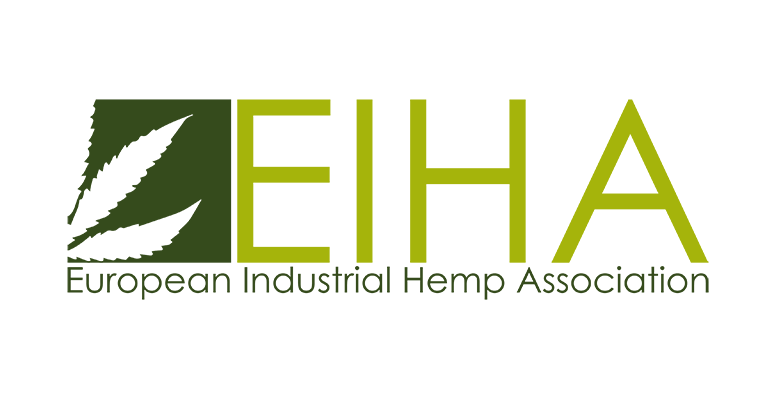European Industrial Hemp Association (EIHA) members overwhelmingly voted in favor of principles and a special contribution structure for a joint Novel Food application during the Association’s general meeting held earlier this week.
The assent marks the official launch of the EIHA’s Novel Food Consortium, the Association’s project aimed at clearing the way for hemp foods and extracts – including CBD – in European Union member states. EIHA has said it formed the consortium as a way to reduce the cost of the Novel Food approval procedure to its members. The Association estimates the cost of getting a single product approved under Novel Food rules as ranging from €350,000 to €500,000 per product.

Under the Consortium’s strategy, EIHA will consolidate various CBD ingredients into one Novel Food application that will cover a wide range of hemp food and extract products.
Depending on their size, companies may join the consortium at fees ranging from €15,000 – €140,000. Those fees will rise over time, which gives initial founding members preferred membership rates, according to EIHA.
Investment up to €3.5m
“We only stand a chance if we jointly bear the exorbitant costs for the necessary toxicological studies and the long procedure ahead of us,” said Daniel Kruse, EIHA President. “This would not be affordable for a single hemp company.”
The consortium, organized as EIHA projects GmbH, an entity separate from but wholly owned by the Association, will invest as much as €3.5 million in the effort over the next two to three years, EIHA said. That includes what the Association referred to as “unprecedented studies on CBD and THC” that are required for the application, EIHA said.
Europe’s Novel Food rules were created as a food safety mechanism to control new, genetically or synthetically produced food products before market entry. Under the guidelines, Novel Foods are defined as those that were not consumed to a significant degree in the EU before May 15, 1997. If a food is considered novel it must undergo a pre-market safety assessment under the European Food Safety Authority (EFSA) before it can be legally marketed in the EU.
Reversal started problems
The Association disagrees with changes made in January 2019 to the EU’s Novel Food catalogue that re-classified hemp leaves and flowers as well as extracts derived from those plant parts – including CBD – as Novel Foods. But with EU officials and some Member States failing to give any signals that the rules change will be reversed, the consortium aims to help stakeholders get their products on the market legally by going through the Novel Food approval process.
EIHA has consistently held that hemp leaves and flowers as well extracts from industrial hemp that naturally contain cannabinoids are traditional foods and do not fall under the scope of the Novel Food regulation.
However, because some Member States reversed course on decisions made in 1997 via the 2019 rules changes, the situation needs to be resolved by the European hemp industry to maintain the trade of CBD-related products, EIHA said.
Science-based approach
ChemSafe, an Italian consultancy, has been named to head up lab analysis of CBD and THC toxicology studies. ChemSafe has long-term experience in the chemical, pharmaceutical, biocides, agrochemical, cosmetics, medical devices and food sectors.
“By covering all the possible range of tox studies for both molecules, CBD and THC, this project represents the most comprehensive response that we can give to authorities. It is science-based, and it is the only way in which we can reverse the unfair status quo,” said Lorenza Romanese, EIHA’s managing director.

